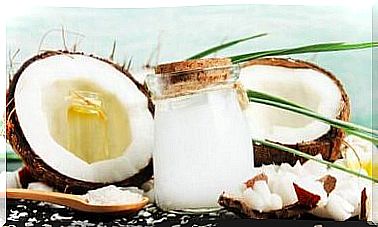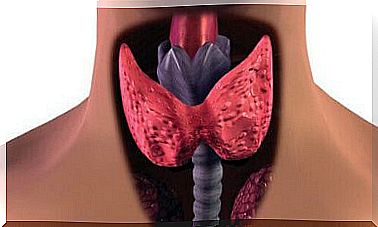Urine Color Indicates Body Health

Since ancient times, man has assessed his own health with the color of urine. It can be a sign of illness – sometimes severe. In general, changes in urine color, composition, or in smell could tell that something is not quite right in your body.
Urine plays an important role in removing hundreds of unnecessary substances from your body every single day. These substances come into the body from the food you eat and the fluid you drink. However, urine can also be helpful as a warning sign, as it may indicate clear health problems or that something is simply out of balance in the body. The smell of urine may change when there is a problem in the body, and a strong smell is usually very easily a noticeable symptom.
However, many people do not know in detail what all urine can tell about health. Changes are often ignored, even though they could be an important symptom of a problem. It is very important to know what may be going on in your body, and thus the warning signs sent out in your urine should always be taken seriously. This simply requires a better examination of the urine.
So in this article, we’ll talk about 8 different colors of urine, some of which may be a sign of a negative change in health. You may need to respond to these changes – so read on to better protect your health!
Light yellow color
The urine of a healthy person is generally pale yellow in color, and in fact it is almost transparent. This typical urine color is due to a pigment called urobilin. Human pigment normally carries this pigment with it. It mixes with water and gives the urine an almost transparent but slightly yellowish color. This indicates that the body is properly hydrated. However, if the yellow color is dark or intense, it may indicate a problem with the body’s moisture balance.
If the urine is too transparent or if the person needs to visit the toilet very often, this is a sign that there is extra water in the body. This can happen if you simply drink too much water. It is still possible that if the color of your urine is bright and you have to visit the toilet often, but you have not drunk a particularly large amount of water, this may be a sign of diabetes.
Fuzzy urine color
If the urine is cloudy, this may be a symptom of phosphates, which can manifest as a side effect of kidney stones. If the urine stays cloudy for several days in a row, this is a clear sign of urinary tract infection, and then you need to see a doctor. In general, turbidity of urine manifests itself with a strong odor, and a person then also needs to visit the toilet frequently.
In men, cloudy urine can be the result of semen remaining in the urinary tract.
Blue-green hue
This phenomenon is generally due to some of the food you have eaten in the past. This is especially the case if the color of the food in question has also been blue or green. For example, asparagus can cause the color of urine to change to green or blue.
On the other hand, a blue or green hue in your urine can also be a sign that you are currently getting used to new vitamins or medications. However, if this is not the case and you have not eaten green or blue food, you should see a doctor.
Orange colour
Eating strikes, as well as eating beets, carrots, or other oranges or reddish foods, may make the urine orange. Sometimes medications or moisture imbalances can also cause an orange color. However, if the urine is dark orange in color, that is, almost brown, this may be a sign that bile is accumulating in it. In such a situation, it is best to consult a doctor.
Brown
The brown color of the urine can be caused by eating beans, rhubarb or certain types of medicines, for example. In the worst situations, brown urine may be a chronic liver disease or a problem with the body’s moisture balance.
Foaming urine
In these cases, the color of the urine does not usually change, although sometimes a very dark shade may appear, which can be a very serious matter. If the urine is very clearly foaming, this may be a message of excess protein in the body.
Strong odor
Of course, urine never smells particularly good, but everyone certainly feels the difference between plain and too strong urine. Bad odors can come from, among other things, drinking coffee or eating asparagus. However, if you have not taken either of these products, but your urine smells very strong, it is best to consult a doctor.
Pink or red color
Some foods are inherently red and may cause the color of urine to change to red. Eating cranberries, rhubarb or some other red food, among other things, can cause a change in the color of your urine. However, such color may also be the result of eating certain types of medications, blood buildup in the urine, strenuous exercise, or some kind of inflammation.
If your urine does not return to normal within a day, you should see your doctor. In the most severe cases, a change in the direction of the urine to red is a sign of kidney cancer, an enlarged prostate, or bladder stones.
Thus, in some situations, the color of the urine can tell you even very serious things about your health. Observe your own urine, and if you notice its color is anything other than light yellow, think about what you have eaten and see a doctor!









